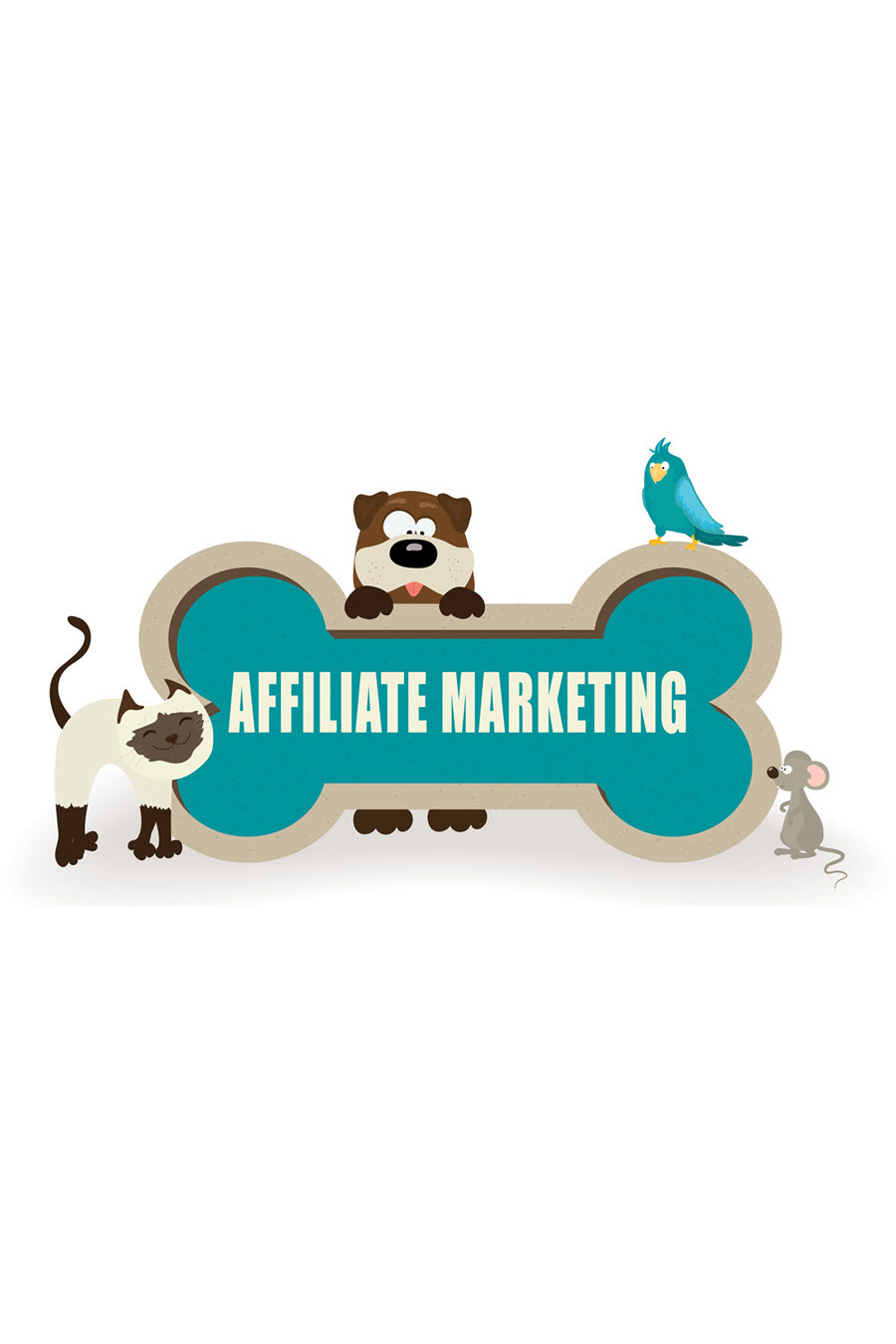Affiliate Programs are a terrific means to increase traffic and sales. Affiliates can reach a wide audience and provide multiple paths for conversions. Much of it is typically purchased on a performance-only model, which means the Advertiser only pays for the traffic that completes a desirable action, usually by buying something.
Take a few minutes now to pull this content together and you’ll be able to use it again and again as you go through the development of your affiliate program. There are a lot of steps involved, and plenty of options and service providers available to help you along the way, but no matter how you choose to build your program, having this information and collateral readily available will help expedite your efforts.

1. What type of service are you – Define yourself and your program.
It’s the first question you’ll be asked when you begin promoting the program, and sharing a concise description will help others understand your setup and goals as they begin working with you. Be able to answer these questions:
- Who are you? Every service provider you elect to work with will require most, if not all, of this information:
- Company Name:
- Address:
- Billing Information:
- Accounting Point of Contact: (Name, Title, Email, Phone #)
- Technical Point of Contact: (Name, Title, Email, Phone #)
- Day-to-day Point of Contact: (Name, Title, Email, Phone #)
- What do you do? Describe the company and the services provided
- How long have you been in business? If a new business, share the background and experience involved in your new venture.
- Credit App. A pre-prepared credit application with your bank information, references, and permission for the vendor to contact your bank and references for a credit check.
- What is the offer or product? What is the name, website, or landing page URL.
- What are you asking of the visitor? Are they filling out a form, purchasing a trial, etc.

Collect all your offer information including target audience, traffic types allowed, any restrictions or disqualifiers, and how it performs.
2. What is the Offer and how does it perform?
- Offer Name and Landing Page URL
- Offer Description: Use simple and plain language to describe what the offer is. Can be a single sentence or a short paragraph.
- Who is your target audience, or what type of visitor is most likely to convert? Men, Women, Mothers, Seniors, Persons in Debt, etc.
- What type of traffic are you getting to the offer now? Organic Search, Paid Search, Email, Social, Display, Referral, etc.
- What is your click-to-conversion percentage? What is the typical range of conversions for the current traffic.
- What is the payout? If it’s a % of sale, what is the typical order size?
- What is required for the pixel to fire? Where is the conversion pixel placed?
- Fraud Protection. Have you implemented various levels of data validation and verification?
- Are there any disqualifiers? If your offer is asking questions and collecting data, are there any answers or selections which will make the user exempt from your product or services?
- Any geographic restrictions? Do you accept traffic in all 50 states, or from other countries?
- How many leads/sales can you manage in a day/week/month?
Complete offer information is essential to a successful campaign.
3. Terms and Conditions of your program
- Do you have an Affiliate Agreement? When you recruit a new affiliate and they sign up to join your program, do you have the legal terms and conditions ready for their review and acceptance?
- What type of traffic is allowed? On what type of sites do you allow or not allow your offer to be promoted, and do you accept all traffic types – email, display, social, incentive, coupon, etc.
- Is there any type of traffic specifically not allowed? In addition to listing the type of traffic you do allow, it’s always helpful to emphasize any types of web sites or traffic you will not accept.
- Any specific rules regarding industry compliance? If your offer or services is regulated by any independent ethics/compliance body, what are the specific rules and requirements for promotion?
- What are your payment terms? On what schedule will you pay your affiliates? Will you make allowances for more frequent payments for your higher-volume affiliates?

In addition to an official legal Affiliate Agreement, provide your affiliates with general guidelines in simple language about the do’s and don’ts of promoting your offers and brand.
4. Marketing Collateral
- Landing Page. At the very least you’ll need the destination URL. Ideally, you’ll have one or more dedicated landing page focused on promoting the offer and optimized for conversions.
- Banner sets (IAB Standards). At a minimum, you should make available the IAB Universal Ad Package (UAP) – 300×250, 180×150, 160×600, and 728×90, and be ready to create custom ads on request.
- Email Creative
- From and Subject Lines – Pre-approved From and Subject Lines should be available and of course conform to CAN-SPAM compliance.
- HTML-based
- Text-based
- Text Links
With all these pieces readily available you’ll be able to quickly and confidently move through the process of developing an affiliate program by working with the various vendors, service providers, affiliate networks, and direct affiliates. You’ll of course also want someone experienced with these setups to review, edit, and negotiate the various contracts to make sure that your business and brand are well protected and positioned for success.

A complete suite of marketing creative for all traffic types should be available.
Who We Are
Tessera Marketing is an online marketing agency with specialization in Affiliate Program Development. We function as an Outsourced Program Manager (OPM) with the unique difference of building direct, in-house affiliate programs for our clients. We don’t just manage your offer on third party networks, but rather build you your own program allowing for complete control, insight, transparency, and confidence regarding any brand or industry compliance requirements. We’ll handle all the legal and technical development on your behalf, including affiliate program promotion, recruitment, and management. At any time we will happily train and transition the program to your in-house staff, and since it has been your direct program since the very beginning, there is no concern about disruption in traffic due to link changes, new contract negotiations, etc. Contact us today to discuss your program and how we might be able to help.
Download this paper in PDF format. (Document will display in new window.)







